All Change? Labour Tipped To Oust Tories At UK Election
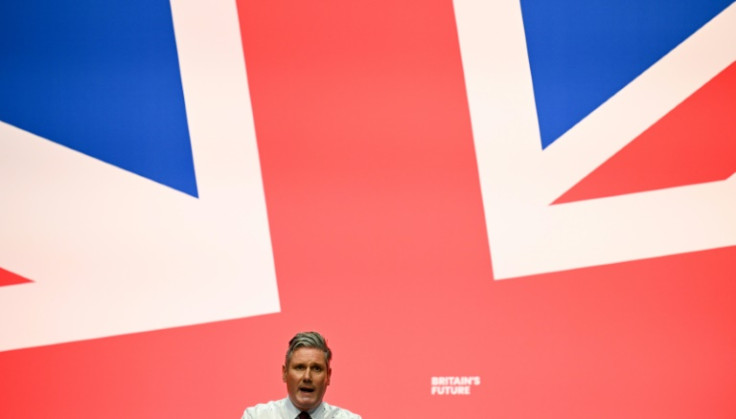
Britain looks likely to see a change of government this week, swinging leftwards back to the centre ground and the Labour party after 14 years of right-wing Conservative rule.
Voters will elect a new parliament from 7:00 am (0600 GMT) on Thursday, with predictions of a landslide Labour win that would make Keir Starmer prime minister -- 100 years after Ramsay MacDonald became the party's first.
"There is more chance of lightning striking twice in the same place... than Rishi Sunak remaining as prime minister," Britain's pre-eminent political polling expert John Curtice told the BBC on Tuesday.
Starmer and Conservative leader Sunak have been criss-crossing the country in the final days of a largely lacklustre campaign to try to win over wavering voters.
Many people appear to have long made up their minds, however, with focus on little else other than whether Labour's consistent 20-point lead in the polls for the last two years will translate into a record majority.
Prime Minister Sunak on Tuesday insisted that he is "fighting for every vote till the last moment of the campaign", drawing hope from England's last-gasp win in the European football championships.
"It's not over until it's over," Sunak wrote on social media on Sunday night after England's footballers scored a stoppage-time equaliser against Slovakia and then an extra-time winner.
Starmer, a staunch Arsenal fan who still plays five-a-side football at 61, is also calling on his team to play until the final whistle, with fears that talk of a Labour "supermajority" could hit turn-out.
Sunak and the Tories -- another name for the Conservatives -- have been going all out to play upon people's fears, warning of tax rises and weaker national security if they are voted out, in what Labour sees as a desperate last-stand to cling on to power.
But in a sign the political landscape has already shifted, it was Starmer, not Sunak, whose views were sought in the aftermath of the far-right win in the first round of the French general election.
He has also been asked how he, as the leader of a "progressive" centre-left party, would deal with the possible return of Donald Trump as US president later this year.
Attention in the British media is meanwhile mostly on what a Starmer government would look like when the results for the 650-seat parliament start dropping from about 2230 GMT on Thursday into Friday morning.
Thursday's vote is Britain's first July election since 1945, when Labour under Clement Attlee defeated the Conservatives of World War II leader Winston Churchill, ushering in a period of transformational social change.
Attlee's government created the modern welfare state, including the National Health Service, Britain's most cherished institution after the royal family.
Starmer's "change" agenda is not so radical this time around and promises cautious management of the country's economy, as part of a long-term growth plan that includes nursing battered public services back to health.
"The most important thing is growing the economy and wealth creation," he told The Times in an interview published on Tuesday.
"You can talk about public services but if you haven't got your economy working then you can't do that."
With an air of inevitability about a Labour win, Starmer and his colleagues are facing mounting calls and growing expectations to change Britain's flagging fortunes for the better.
Economists say anaemic growth should be addressed. Pro-Europeans want Brexit reversed. Everyone wants an end to the sustained squeeze on their finances over the last decade and a half that has tipped more people into poverty.
"In 2010, when the Conservatives came to power, the UK had 35 foodbanks. Now there are 2,600," Gordon Brown, Labour's last prime minister, wrote in the Daily Mirror on Tuesday.
Others want a return of political integrity and stability after a chaotic period of five prime ministers, a succession of scandals and ideological infighting between centrists and right-wingers that shows no sign of abating.
Starmer -- the working-class son of a tool maker and a nurse -- has none of the political charisma or popularity of former leader Tony Blair when he ended 18 years of Tory rule in a wave of optimism in 1997.
But the former human rights lawyer and chief public prosecutor stands to gain from a country fed up with the Tories, and a feeling of decline rather than improvement.
"The Conservatives have run out of road. Labour must be given a chance to govern," said a Financial Times editorial Monday.
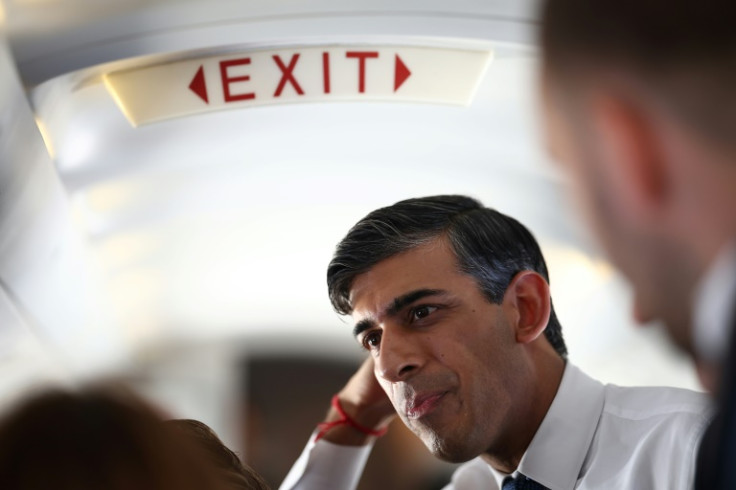
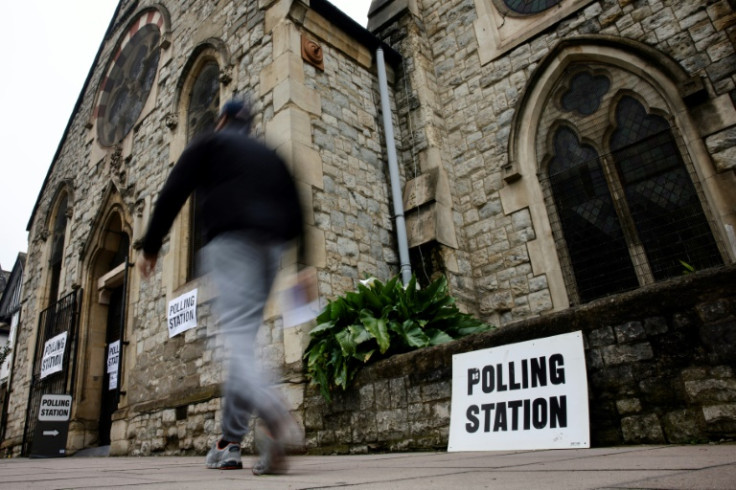
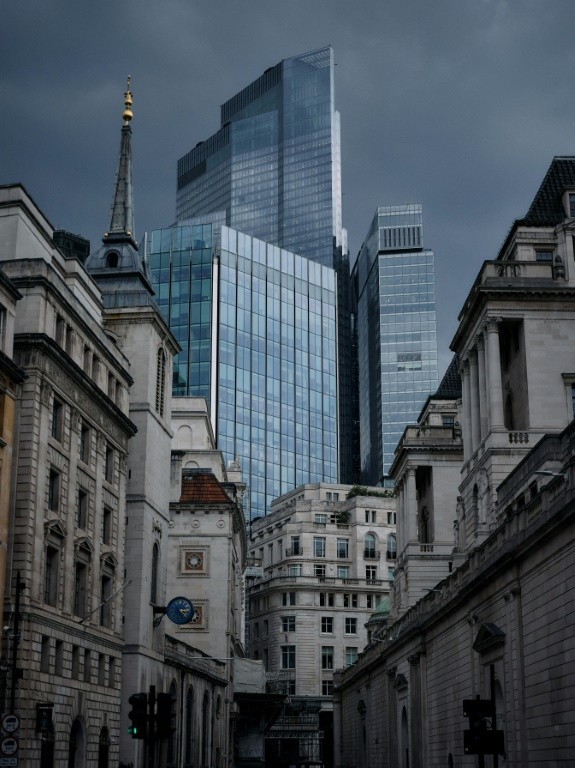
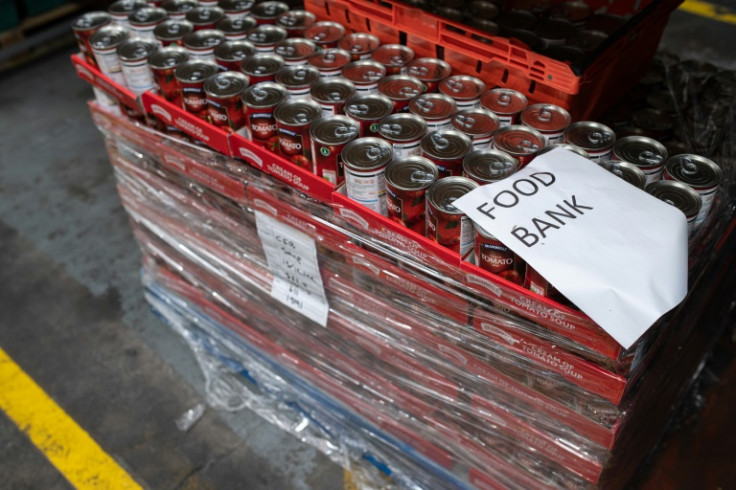

© Copyright AFP 2025. All rights reserved.





















